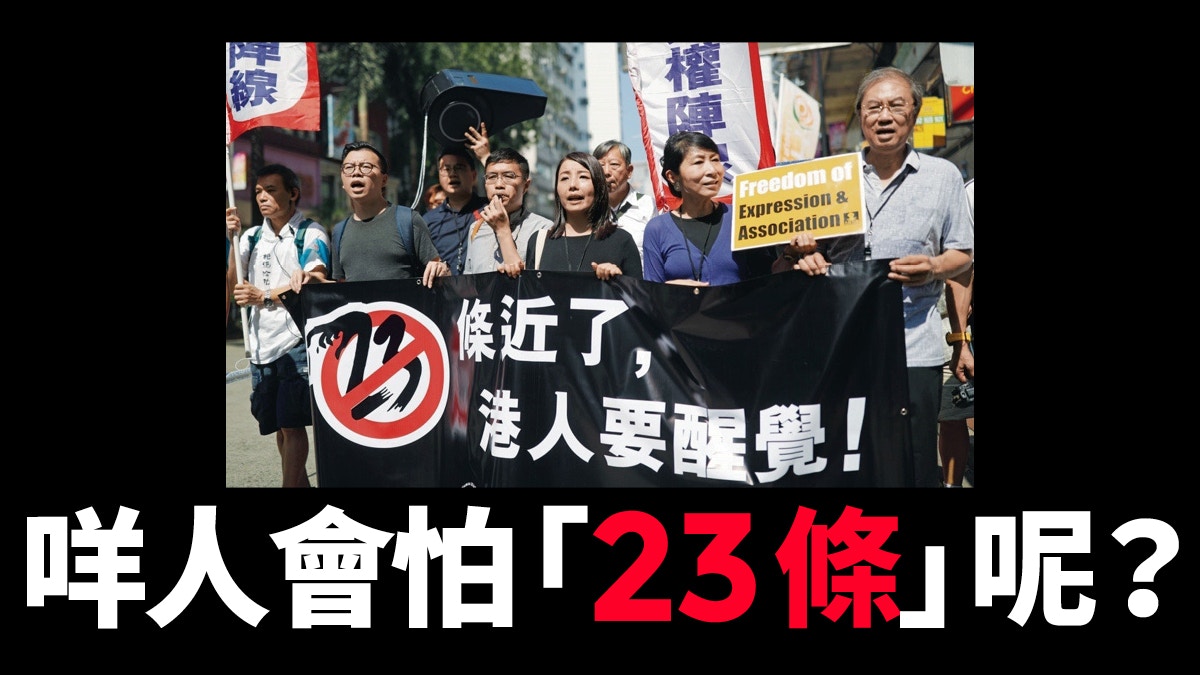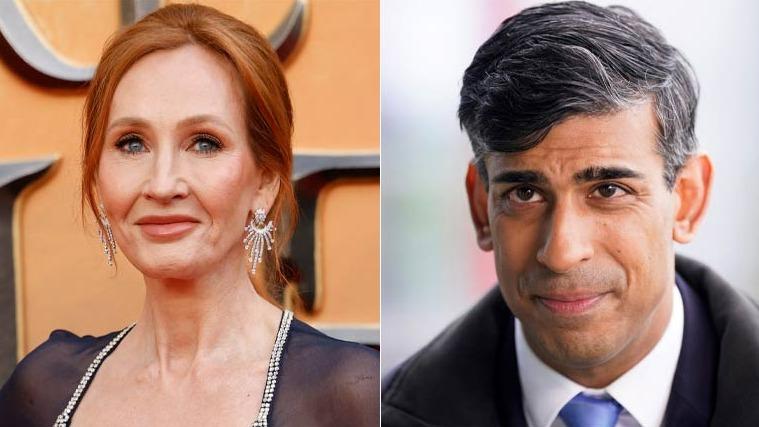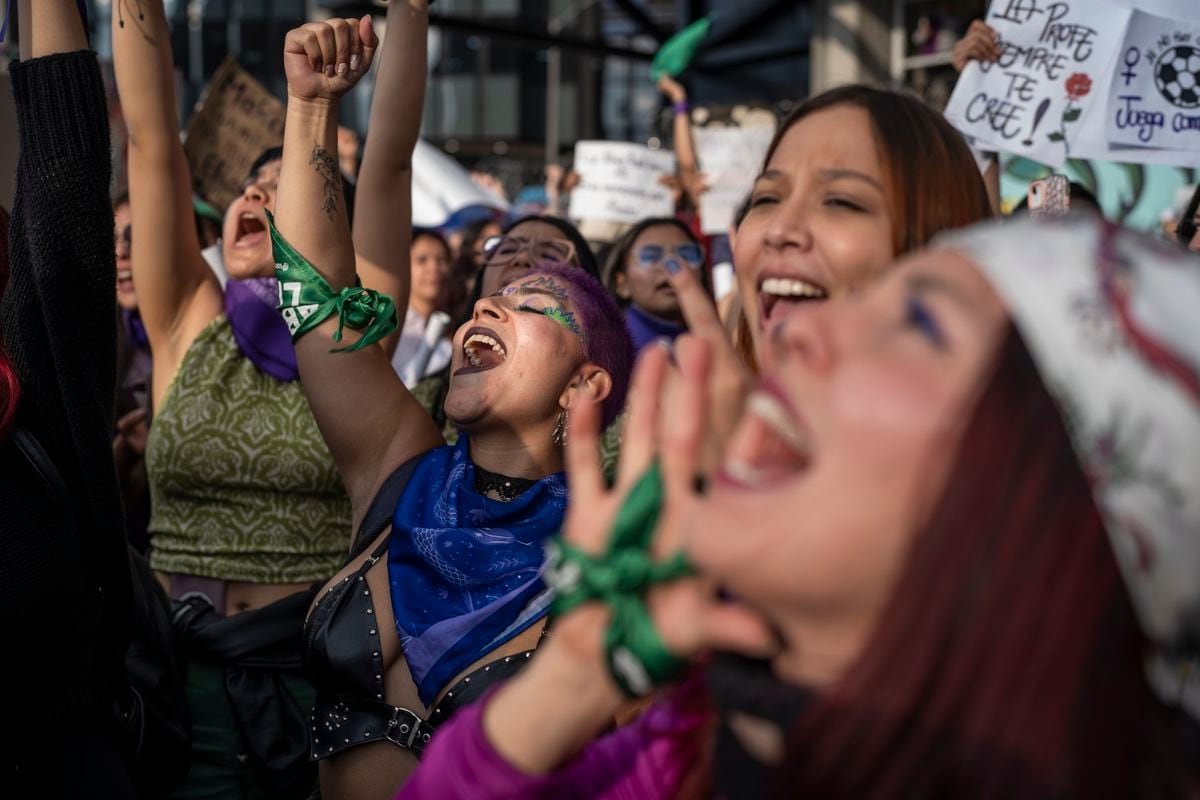01 perspective
Written by: Comment Editor
2020-03-31 13:32
Last updated: 2020-03-31 13:41Last year's anti-revision violent demonstrations broke the peace in Hong Kong for nearly half a century. The constitutionalists and some anti-demonstration citizens discussed how to use Article 23 of the Basic Law to counteract these violent acts. As the Legislative Council election draws nearer, the "23" issue has also become a hotly debated issue between formed and non-formed parties. As we all know, the "23" is full of controversy in Hong Kong; the constitutionalists regard it as a "big deal" against the "opposition"; the non-organizationists regard it as "poison". On the surface, the debate on "Article 23" seems to be a question of "freedom of speech". However, the question of how the "Article 23" is legislated is how Hong Kong people face the test of real politics.
The Legislative Council election period is approaching, and the "23" legislative controversy continues. The formations began to mobilize and initiated joint activities to support legislation; the non-formations also regarded it as the "biggest threat" and also mobilized against "23". Earlier, some District Council members publicly stated that they did not serve the citizens who "supported Article 23." On the one hand, they ignored their responsibility as district board members, but on the other hand, they also saw a strong tension between the two opinions.
Protecting national security is not only the way of "23"
But to be fair, "23" legislation is Hong Kong's constitutional responsibility, and evasion has not been the answer. In particular, the strategic wrangling between China and the United States is continuing to heat up, and the central government is increasingly vigilant about national security, and the voices calling for Hong Kong to fulfill its constitutional responsibilities as soon as possible are getting stronger and stronger. Rao Geping, a professor at the School of Law of Peking University who was a member of the Basic Law Committee, wrote a few days ago warning that the completion of national security legislation in Hong Kong is "imminent."
Legislative Councillor He Junyao said that the Hong Kong Government must fulfill the constitutional responsibility of the Basic Law in order to consider 23 legislative issues. (Photo / Photo by Zheng Rongdi)
In fact, the Central Government does have the means to achieve its goal of maintaining national security in Hong Kong. Last year, it was reported that the Standing Committee of the National People's Congress is considering proactively interpreting the law and regulating Hong Kong's responsibility for maintaining national security. Another initiative is to include the National Security Law passed in 2015 in Annex III of the Basic Law and become one of the "national laws implemented in the Hong Kong Special Administrative Region." In this case, the space for Hong Kong people to participate in legislative discussions and design is greatly reduced, and in the worst case, they are more likely to be paid in full.
Moreover, the Hong Kong Government can use old colonial laws to combat acts that threaten national security. For example, on the 26th of this month, the police arrested Democratic District Councillor Zheng Liqiong on suspicion of violating the "Come with Incitement" under the Crimes Ordinance. These colonial-era old laws are often "all-encompassing," and the requirements for incrimination may not be high. This shows that it is not necessarily better for Hong Kong society not to deal with the "23". Hong Kong people should think hard about how to deal with the legislative responsibilities of Article 23.
Zheng Liqiong was the first person to be charged with "inciting intent" after the return. (Photo by Ou Jiale)
Hong Kong people must respect the bottom line of "One Country"
To face reality, Hong Kong people who oppose Article 23 must overcome a "psychological barrier"-the basic principle of "one country" recognition. In 2003, the government revised the National Security Bill in response to the opinions of democrats and society, and it has generally been accepted by the political and legal circles. It is a relatively mild version. The "Draft" definitions of "subversion", "separation of the state", "sedition", etc. all stipulate the conditions of "serious criminal means" and "serious harm to the state". Normal people are generally not "guilty by words."
Even though the "Article 23" legislation should try to consider how to protect citizens' freedom of speech, "23 Article" has no concessions on issues such as national security and sovereignty. Even with the looser definition of the "Draft", some radical actions today It is also likely to violate the law. For example, the definition of "treason" in the Draft mentions:
Join or be part of foreign armed forces fighting China in order to overthrow, intimidate or coerce the Central People ’s Government to change policy; encourage foreign armed forces to invade China by force; or assist public enemies fighting China during the war.
National Security Bill 2003Earlier on the Internet, some extremists pointed out that they had sent a letter to mercenary organizations asking them to "quote" for the operation in Hong Kong, and they might have stepped on the red line of "treason".
For the central government, the bottom line of the "23" legislation has always been to ensure national security. No matter how the "23" is handled, first of all, Hong Kong people must at least realize that "one country" is the bottom line that cannot be challenged.
Article 23 Legislative Controversy Resurrects National Security: Homework That Hong Kong Cannot Defend
[Basic Law for 30 years] It's time to amend the Basic Law (2)-inexplicable provisions
[30 years of the Basic Law] It's time to amend the Basic Law (Part 1)-Endless legal conflicts
[01 Weekly Editorial] 30th Anniversary of the Basic Law
01 depth
Article 23 of the Basic Law









